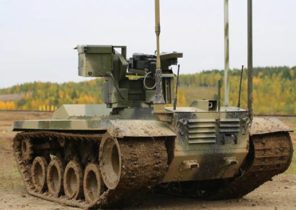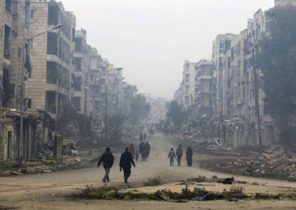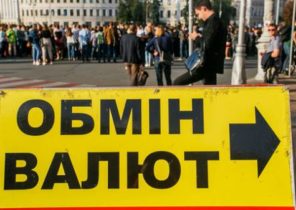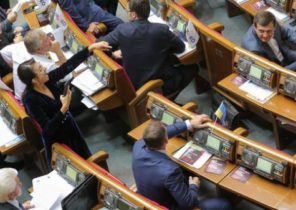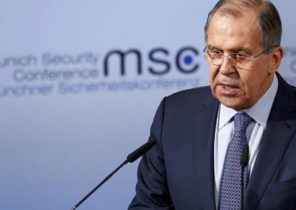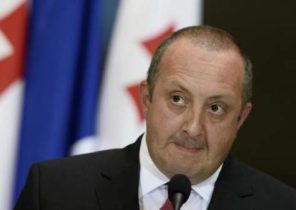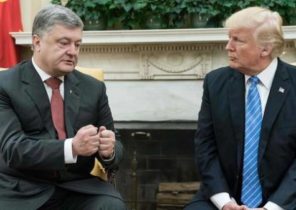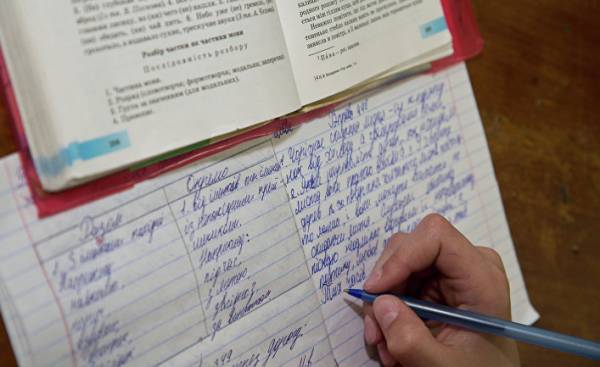
Each person determines what syllable in his name to do the accent. Sometimes it sounds a bit unusual and at first grates on the ear. But still, if a person wants to be Ivanova, not Ivanov, he was called. Any teacher confronted with the fact that the students at the first meeting corrected him, pointing out how it should sound name. This is especially true of last names that sound causes some unpleasant for human Association, humiliate him. This rule applies to any interpersonal communication. If the person is not a complete idiot, he would utter the name of the interlocutor as it is required.
Debate about whether with some excuse to say the word “Ukraine” in the last three years has moved from the sphere of grammar in the political. It happened right after Putin’s Russia stole the Crimea and occupied part of Ukrainian territory. Now is a marker. If you say “on Ukraine” — you voluntarily or involuntarily become the side of the invaders.
Supporters of the preposition “to” like to refer to some “inner logic of language”, which should not interfere with the foreigners. Give examples of Germans who are not outraged when their country, Deutschland, Russian call Germany. Or even people in the Netherlands do not curse those who mistakenly call their country “Holland”.
It is necessary to have amazing political blindness and moral deafness, not to see the differences. Among the Germans and Dutch, only a few speak Russian, so they don’t care how this language call their country. Besides, Russia is not currently threatened neither Germany nor the Netherlands. At least, between Russia and these countries not in the moment of war.
In Ukraine the majority of citizens understand the Russian language, and for a large part of it is the main language of everyday communication. Therefore, the preposition “on”, connected with the word “Ukraine” is not seen as an internal affair of Russia, but as a linguistic attack, a desire to emphasize that the “Ukraine — nedostrana”, “Ukrainian — nedonarod”, and all this set of Imperial nonsense that flows from Russian TV.
And again. Especially for those defenders of “linguistic sovereignty” who believe that “Ukraine” is the unshakeable Canon of Russian language, an attempt which would destroy its foundations. I’ve accidentally during the preparation of the books on journalism, I came across the inscribed text of a decree of Anna Ivanovna from 26.12.1738. The decree addressed to the General Rumyantsev and concerns two Polish calendars, which, in the opinion of the Empress, “contain some malicious and indecent passages”, and therefore these calendars prescribed burn in the future “in our border not to miss tell”. In light of the current “war of pretexts” I was interested in the final paragraph of the decree of Anna Ioannovna. Here it is: “instead of the Polish calendars can in Kiev and throughout Ukraine to use Russian calendars, which are published in print here at the Academy.” (Collection of decrees of censorship. CIT. in A. M. Saucesome “essays on the history of Russian censorship”. M. 2016, p.8).
So. Said and so and so: “in Ukraine” and “Ukraine”. I have no doubt that when Wraith Putinism clears, it is only right to be respectful “in Ukraine”, and Imperial “Ukraine” will be the lot of a small group of misfits who dream to return to Alaska, California, and along the whole territory of the former USSR.
Russian language is much “smarter” than any of its media. But his fate depends on what happens in mass of these carriers. He Russian language is not immortal. Increased concentration of evil idiots may kill the language, make it dead. Today it is hard to imagine, but, alas, can happen in the foreseeable future. While this term is hardly visible in the form of reducing the scope of application of the Russian language outside of Russia. This process can be stopped. For this we need to listen to the quiet voice of the language, and not to the cries of those of its speakers who are destroying it, setting up a “war of pretexts” with the Imperial order.

